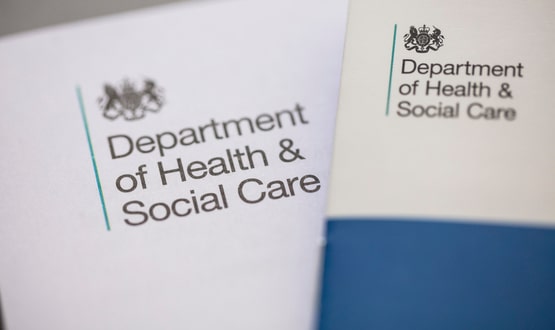Hospitals breaking DPA every day
- 31 March 2009
The BMA says hospitals are breaking the Data Protection Act on a daily basis by sending referral correspondence to the senior partner in a practice rather than the referring GP because of changes to hospital software.
The Personal Demographics Service was changed in 2008 to record patients as registered with a practice rather than with an individual doctor, reflecting changes agreed in the 2004 GMS contract. Some hospital patient administration systems are also set up in the same way, although newer versions include a field for ‘usual GP.’
The BMA’s General Practitioners Committee says hospitals are either not using the facility to select ‘usual GP’, or do not have it and are not taking the time to find out who the referring GP is when sending letters to practices.
However NHS Connecting for Health told EHI Primary Care that correspondence is only sent to the senior partner when the referring GP is not known and it would not change its systems further unless GMS regulations changed.
Dr Grant Ingrams, co-chair of the joint IT committee of the GPC and Royal College of GPs, says it has had endless complaints from GPs and local medical committees and it was “eminently false” that the problem only occurred where the referring GP was not known.
“My partner and the other GP who works here are referring people all the time and yet I am getting all the correspondence addressed to me”.
Legal advice obtained by the GPC states that trusts would be guilty of unfair processing under the Data Protection Act if they deliberately write only to a senior partner who may not be involved in a patient’s care. The GPC is advising practices to make a compliant to the Information Commissioner if hospitals do not respond to requests to address letters to the referring GP.
Dr Ingrams told EHI Primary Care: “It drives a coach and horses through patient confidentiality. Patients may not want one of the other doctors in the practice to know some of the information and in rural areas doctors themselves often have no choice but to register their families with the same practice where they work.”
Dr Ingrams said he also believed hospitals could be in breach of article 8 of the Human Rights Act and cited a case last summer where a hospital in Finland was found to be in breach of the Human Rights Act. The European Court of Human Rights ruled that the hospital had failed to keep the records of a nurse being treated in one part of the hospital secure from workers in another part of the hospital where she worked. The court said the hospital had a duty to exclude any possibility of unauthorised access occurring.
Dr Ingrams said one medical director in his area had written to his consultants asking them to remind their secretaries to ensure correspondence was sent to the referring GP but he himself had yet to see much change.
“I am still receiving 90% of correspondence direct to myself. Apart from the confidentiality issue there is a patient safety issue if I don’t have time to get through all the mail and it’s also a professional discourtesy.”
A spokesperson for CfH told EHI Primary Care: “In 2004 the GMS contract was agreed with the GP community. This changed how a patient is registered to receive primary care. Rather than being registered with an individual GP patients are registered with the practice. Patients are able to see a specified GP if they wish or any GP within the practice.
“One implication of the change in 2004 is that where the referring GP is not known correspondence must be sent to the practice. Some systems developers and trusts have opted to send the correspondence to the senior partner. It should be made clear that this only occurs where the referring GP is not known.
The CfH spokesperson added: “In mid 2008, NHS Connecting for Health updated its IT systems as part of this change. Rather than recording a specific GP against each patient, the Spine Personal Demographics Service was updated to reflect the registered practice. This change was agreed in consultation with stakeholders and approved by the Information Standards Board for Health and Social Care on which the GPC is a representative.
“NHS CFH does not intend to change its systems further unless a corresponding change is made to the GMS regulations which govern the relationship between a patient and their primary care provider.”




